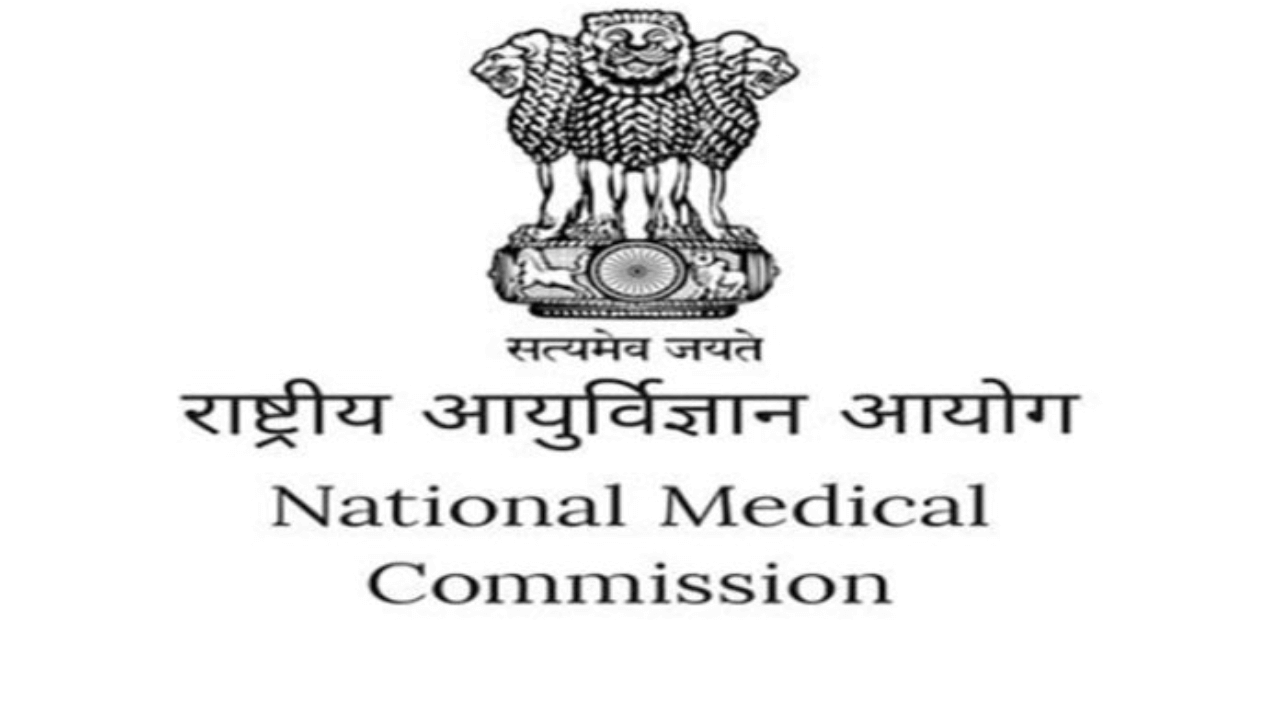NMC Unique ID Registration
Under the new regulations set by the National Medical Commission (NMC), doctors in India will be required to obtain a Unique Identification Number (UID) in order to practice medicine. This UID will be issued by the NMC ethics board, and it will serve as the doctor’s registration in the National Medical Register (NMR), granting them eligibility to practice medicine in the country.
More About the News
- The National Medical Commission (NMC) has introduced a new notification regarding the establishment of a common national medical register for all registered medical practitioners in India.
- The Ethics and Medical Registration Board (EMRB) under the NMC will be responsible for maintaining this register, which will include entries from all State Registers maintained by State Medical Councils.
- The national medical register will contain comprehensive information about registered medical practitioners, ensuring centralized and accessible data.
- According to the notification, the license to practice medicine issued to a registered medical practitioner will be valid for a period of five years.
- Medical practitioners will be required to renew their licenses by submitting an application to the State Medical Council three months after the license’s expiration.
- The new regulations aim to streamline the licensing process and ensure the validity and renewal of licenses for medical practitioners in India.
About The National Medical Commission
The National Medical Commission (NMC) is a regulatory body established in 2019 under the National Medical Commission Act, 2019. It replaced the Medical Council of India (MCI) as the main authority for medical education and professional practice in India.
The NMC’s primary role is to set standards for medical education, oversee medical qualifications, and maintain a national register of qualified medical professionals. It also has the power to regulate the practice of medicine in the country, enforce ethical standards, and take disciplinary action against those who violate them.
One of the key objectives of the NMC is to bring about reforms in medical education. It is responsible for developing a new curriculum for undergraduate and postgraduate medical programs that focuses on producing well-equipped doctors capable of addressing the healthcare needs of India’s diverse population.
The NMC is led by a Chairperson and comprises 33 members from various medical disciplines, the government, and civil society. It is supported by different committees dedicated to accreditation, medical education, and ethics, among others.
Current Chairperson – Dr. Suresh Chandra Sharma
Significance of the National Medical Commission
- Regulatory Body: The NMC serves as the apex regulatory body for medical education and profession in India, replacing the Medical Council of India (MCI). It is responsible for setting standards, regulating medical education institutions, and ensuring the quality of medical education.
- Reforms in Medical Education: The NMC aims to bring significant reforms in medical education, including curriculum updates, competency-based medical education, skill development, and assessment reforms. It focuses on promoting a patient-centric and evidence-based approach to medical training.
- Streamlining Medical Practice: The NMC introduces new regulations and guidelines to streamline medical practice and enhance professionalism among healthcare practitioners. It aims to maintain a uniform code of conduct, ethics, and accountability among medical professionals across the country.
- Digitalization and Data Management: With the establishment of a common national medical register, the NMC aims to centralize the data of registered medical practitioners, ensuring easy access and retrieval of information. This facilitates better monitoring, evaluation, and policymaking in the healthcare sector.
- Promoting Research and Innovation: The NMC encourages research and innovation in medical education and healthcare delivery. It aims to foster a conducive environment for medical research, advancements in medical technology, and evidence-based practices to improve patient care.
- Quality Assurance: The NMC plays a vital role in ensuring the quality of medical education and practice. It sets standards for infrastructure, faculty, and resources in medical institutions, conducts assessments, and promotes continuous quality improvement.
Overall, the NMC’s significance lies in its efforts to bring reforms, promote professionalism, enhance the quality of medical education and practice, and ensure patient safety and well-being in the healthcare system of India.
- 3 August Current Affairs 2023 in English
- MoU Between Subroto Mukerjee Sports and Education Society and All India Football Federation (AIFF) to Promote Football at Grassroot Level
- Dr. Mansukh Mandaviya Delivers Keynote Address at the 13th Indian Organ Donation Day ceremony
- Education Ministry Forms Expert Panel on Anti-Discrimination in Higher Education
- Concerns Arise Over Cheetah Deaths at Kuno National Park
FAQs
Is National Medical Commission a statutory body?
Why Medical Council of India was replaced by National Medical Commission?
The MCI had faced various allegations of corruption, mismanagement, and lack of accountability, which raised concerns about the integrity and credibility of medical education in the country. The government recognized the need for comprehensive reforms to address these issues and enhance the overall healthcare system.
